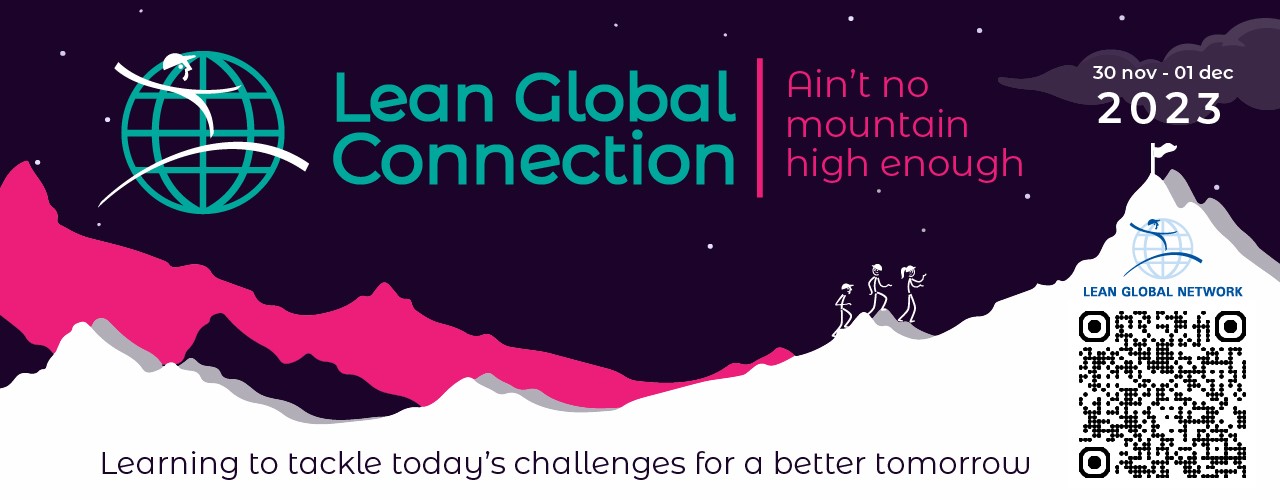
At the height of the pandemic, many of us assumed – or hoped – that post-Covid, everything would go “back to normal”. Fast forward a couple of years, and we have the highest inflation in decades, ongoing supply chains disruptions, and low productivity. As if that weren’t enough, we have to deal with the growing threat of climate change and the unpredictable effects of AI, which will no doubt reshape the meaning and mechanics of work.
These new, global problems compound an already complex situation, in which many companies struggle to find and retain talent, develop the right products and services, and align their strategy with the activities carried out at the front line.
But guess what? Lean Thinking can help. After all, it was born to solve problems! Lean has a very clear point of view on each and every one of the challenges the world faces today and can help you to tackle them head-on. We believe that by learning to act and think lean today, your organization can thrive tomorrow in spite of these huge challenges.
This year’s Lean Global Connection will feature organizations from around the globe that are using lean practices to effectively address these nine key challenges:
- Navigating the Digital landscape in the age of AI
- Overcoming supply chain disruptions
- The green revolution: tackling climate change
- Boosting productivity
- Battling inflation and the cost of living crisis
- Talent acquisition, retention and development
- Aligning strategy with activity
- Helping meet everyone’s basic needs (NGOs, fighting poverty, food security, shelter/construction, etc)
- Developing new products and services to deliver for customers
It’s not the first time we find ourselves in a tough spot, and it won’t be the last. But, if there is one thing we have learned over the past three decades, it is that, when it comes to lean, ain’t no mountain high enough!
- Understand what lean has to say about the key challenges facing businesses today
- Learn from companies that are facing these problems head-on
- Enjoy 24 hours of lean content

